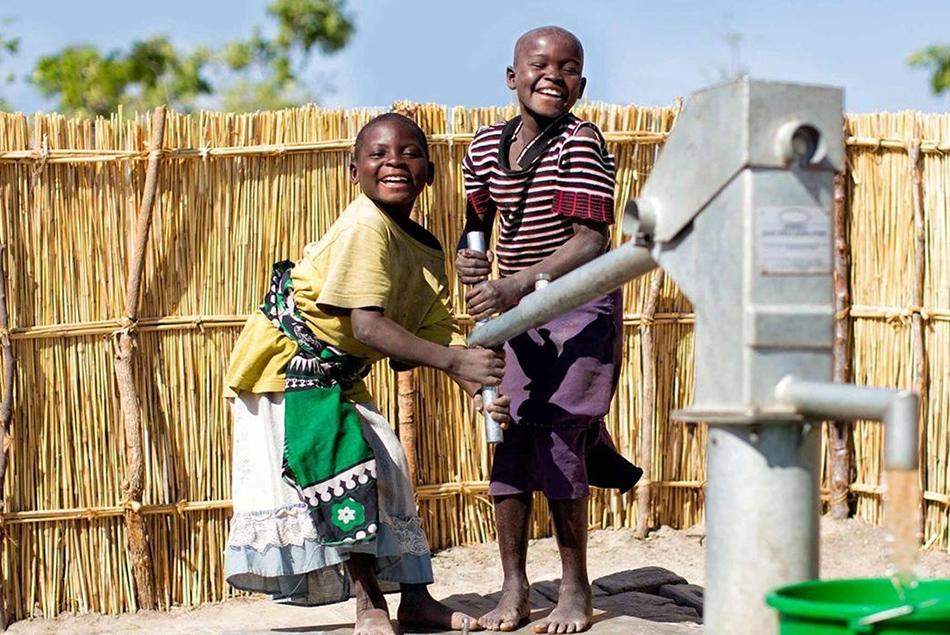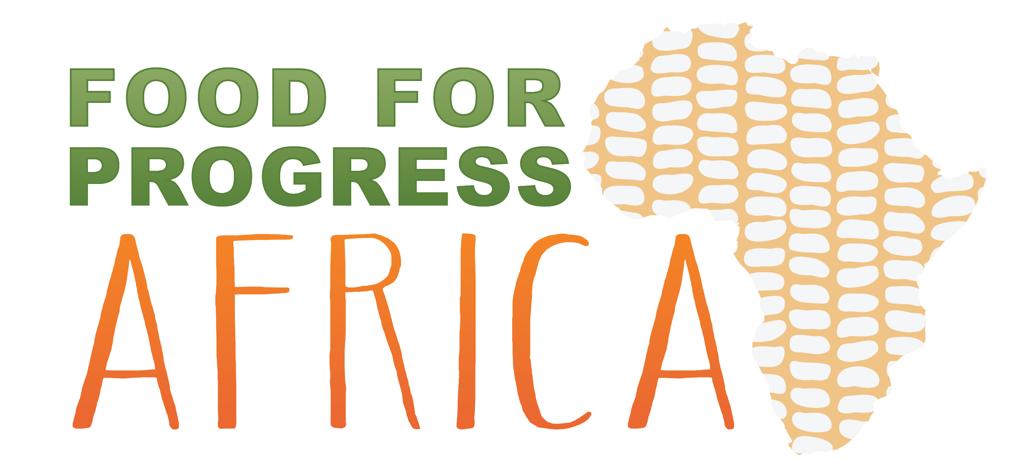Climate change affects food production

Climate change has become one of the biggest challenges facing the world today, with its impacts being felt across various sectors, including agriculture. In Kenya, climate change is affecting food security in several ways, and understanding the link between the two is crucial to developing effective strategies for addressing the issue.
Climate change has led to changes in rainfall patterns, resulting in droughts and floods, which have a significant impact on crop production. Droughts have become more frequent and severe, leading to crop failures and food shortages, especially in arid and semi-arid areas. Floods, on the other hand, destroy crops and infrastructure, making it difficult to transport food to markets.
Climate change also affects the quality and quantity of natural resources, such as water and soil, which are essential for agriculture. Changes in temperature and rainfall patterns have led to soil degradation, reducing its fertility and affecting crop yields. Water resources have also been affected, with water scarcity becoming a major challenge in many parts of the country.
The impacts of climate change on food security are particularly severe for vulnerable communities, such as smallholder farmers, pastoralists, and low-income households. These communities rely heavily on agriculture for their livelihoods and are often the hardest hit by the effects of climate change.
To address the impact of climate change on food security in Kenya, there is a need for more investment in climate-resilient agriculture, such as the use of drought-resistant crops, conservation agriculture, and agroforestry. The government also needs to invest in infrastructure to improve access to water and markets, especially in rural areas.
In conclusion, climate change is a significant threat to food security in Kenya, and urgent action is needed to address the issue. The government and other stakeholders must prioritize investments in climate-resilient agriculture and infrastructure to improve the resilience of the food system and ensure that vulnerable communities are not left behind.
